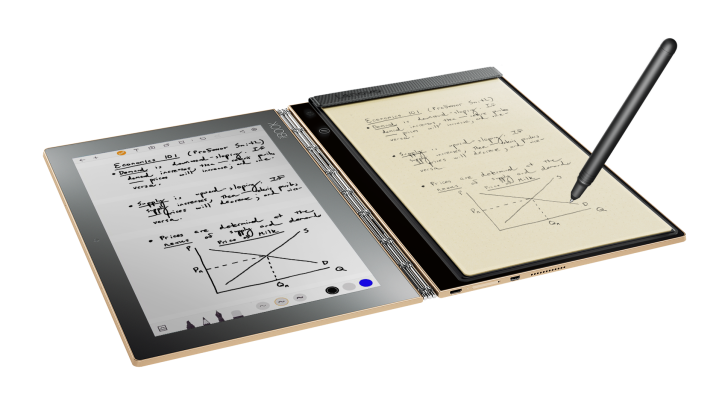
As part of a recent Computational Thinking project, a colleague and I tasked our Grade 8 students with developing ideas around what education might be like a decade from now. Our students conducted a ‘group-pair-solo’ activity in order to ideate, research, and then present their findings. Close to one hundred students were involved and the task concurrently tested their research and presentation skills.
Students were asked to consider the future of school under the following headings:
- How Teaching and Learning Will Change.
- How the School Day Will be Different.
- How Technology Will be Used.
- How Assessments Will Change.
- How Learning Spaces Will be Different.
What follows is a summary of both the prevalent and interesting ideas. (Granted, some of you may already be doing some of these things in your classes and schools, if this is the case, congratulations on being so forward-looking! Also, many of these things are already happening at my school, but I think students want more of it.)

How Teaching and Learning Will Change
- The introduction of ‘prototype learning’ – where students are free to try, fail and learn without fear.
- A greater emphasis on the application of knowledge and skills.
- More attention will be paid to student voice and choice.
- More student-led learning activities and experiences.
- A focus on independent challenge-based learning. (Allowing students to figure things out for themselves.)
- A greater focus on problem-identification and problem-solving.
- More research-based challenges involving finding and evaluating information.
- Reflection time at the end of each lesson.
- More practical / hands-on activities.
- More personalized options: Students of all ages choose modules according to their interests.
- Optional extension activities instead of homework.
- Optional extension courses to be done online using MOOCs.
- More field experience and a greater focus on real-world skills.
- More collaborative activities.
- Emphasis on solving real-world problems.
How the School Day Will be Different
- Fewer but longer lessons.
- Integrated subjects.
- More PBL lessons.
- Flexible Friday / Friday Share-Day.
- More but shorter breaks – perhaps even after each period.
- Shorter but more frequent holidays.
- Smart / tech-enabled clothing / uniforms.
- Many more outdoor lessons
- Work from home one day a week. Submit work digitally.

How Technology Will be Used
- Students will still tablets but these will be lighter and more robust.
- Students will have personalized learning programs and pathways.
- Paper and digital become merged.
- More interactive learning simulations and games will be used.
- Fully interactive digital worksheets and textbooks will be used.
- Schools will be solar-powered.
- There will be thought- and eye-controlled tech.
- Gesture-based and haptic ‘real feel’ tech will be introduced.
- Students will have AI tutors.
- There will be more, cheaper, and faster 3D printers, laser cutters, etc.
- Almost all work will be completed on student devices.
- VR, AR, and holographic tech will be ubiquitous.
- School will have immersive VR and AR environments.
- School will have interactive and digital desks, walls, windows and roofs
- There will be biometric monitoring systems to detect possible emotional trauma.
- Flipped lessons will be the new norm.

How Assessments Will Change
- Assessments will be adaptive. (Students sent enrichment / corrective work / videos based on improving individual weaknesses.)
- Students will be given more opportunities to present their learning in their own ways.
- Online assessments will be the way things are done.
- Open book / open access to the internet during assessments.
- Assessments will involve mainly application, thinking and problem-solving.
- All assessments will involve a collaborative aspect (ideation, discussion sessions, planning, etc.)
- Assessments will be personalized to each student’s particular stage of understanding.

How Learning Spaces Will be Different
- No more desks in rows.
- More spacious learning environments.
- More comfortable furniture.
- Classrooms planned around the needs of students rather than teachers or tests.
- Adjustable / standing desks.

